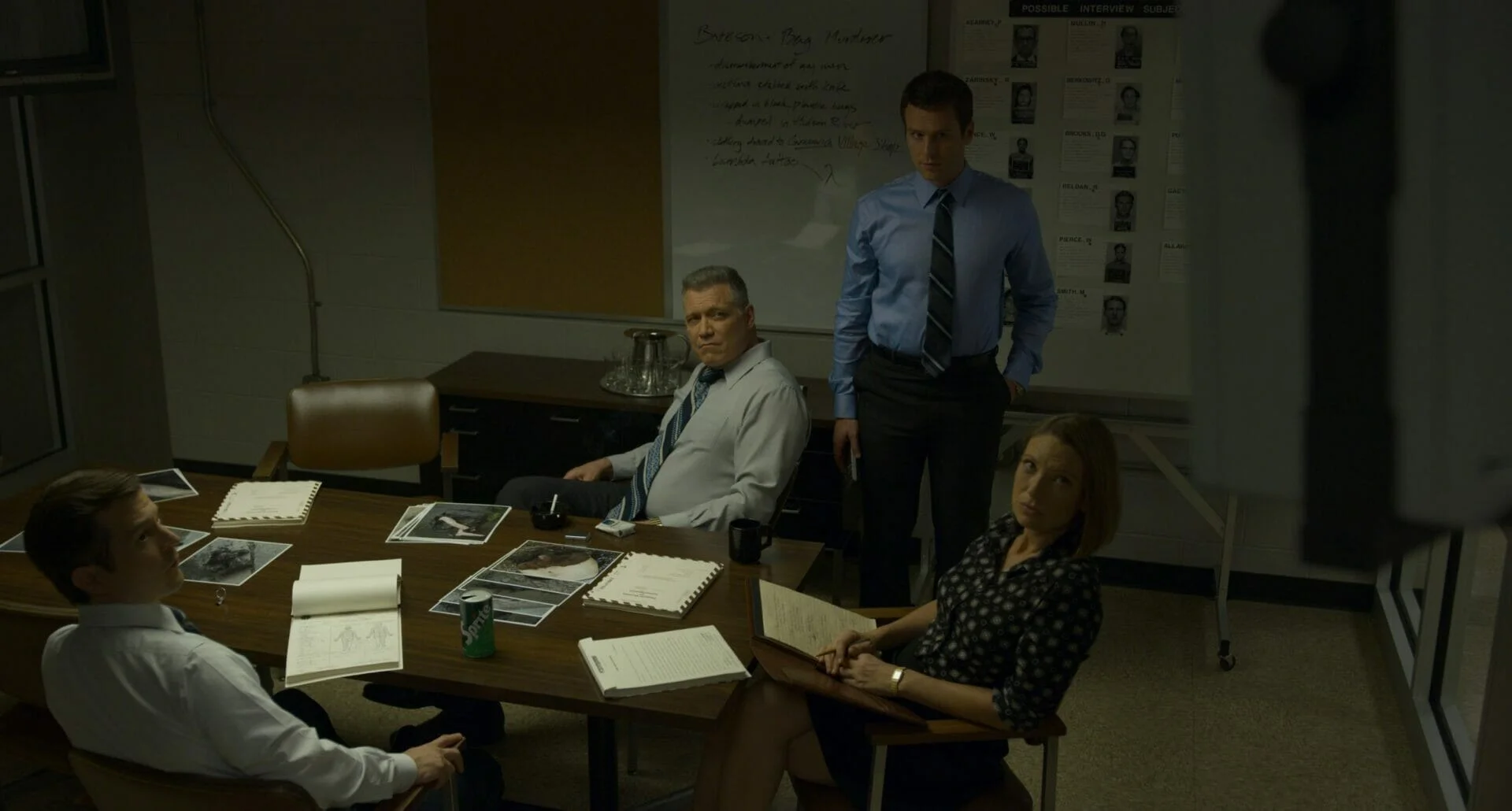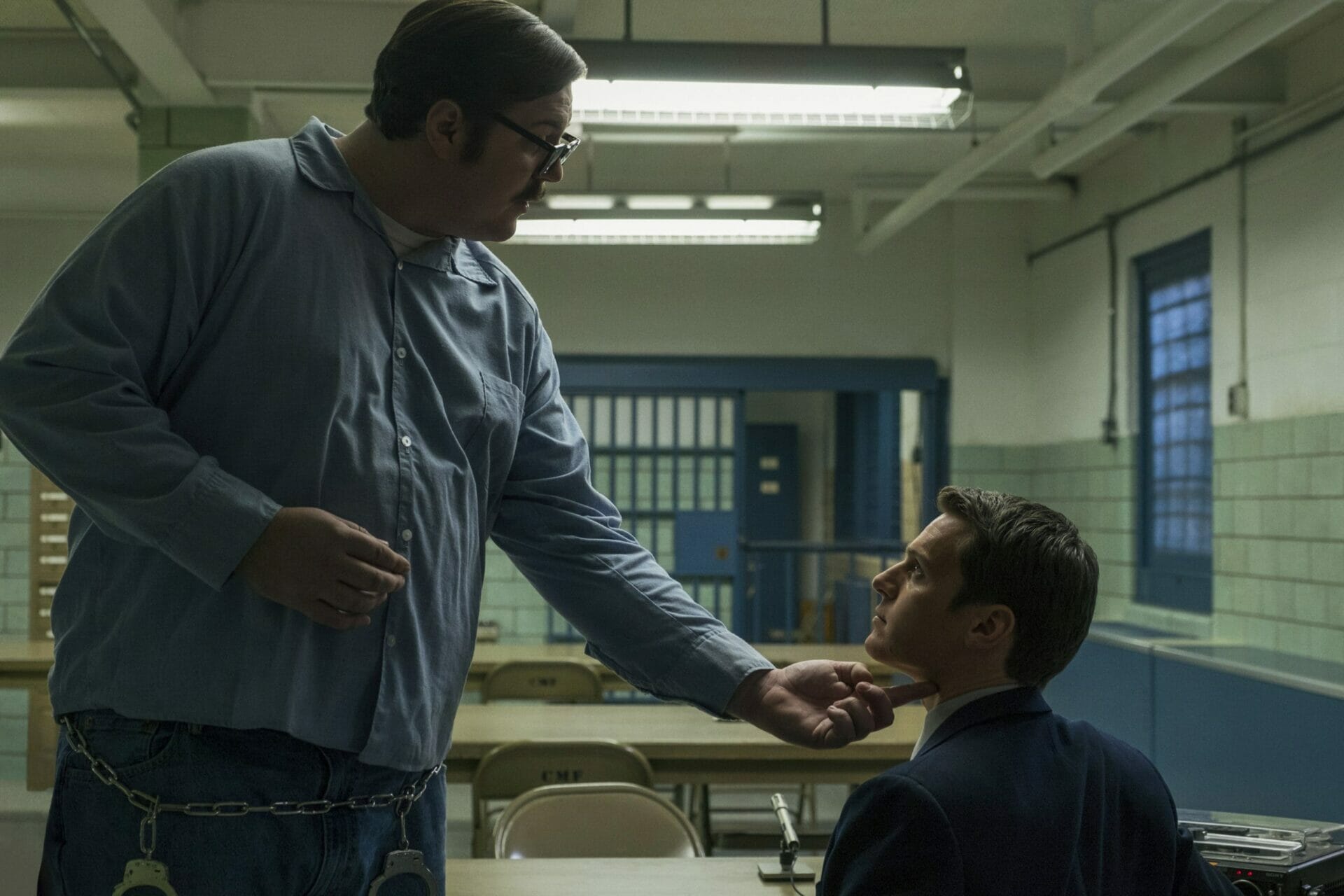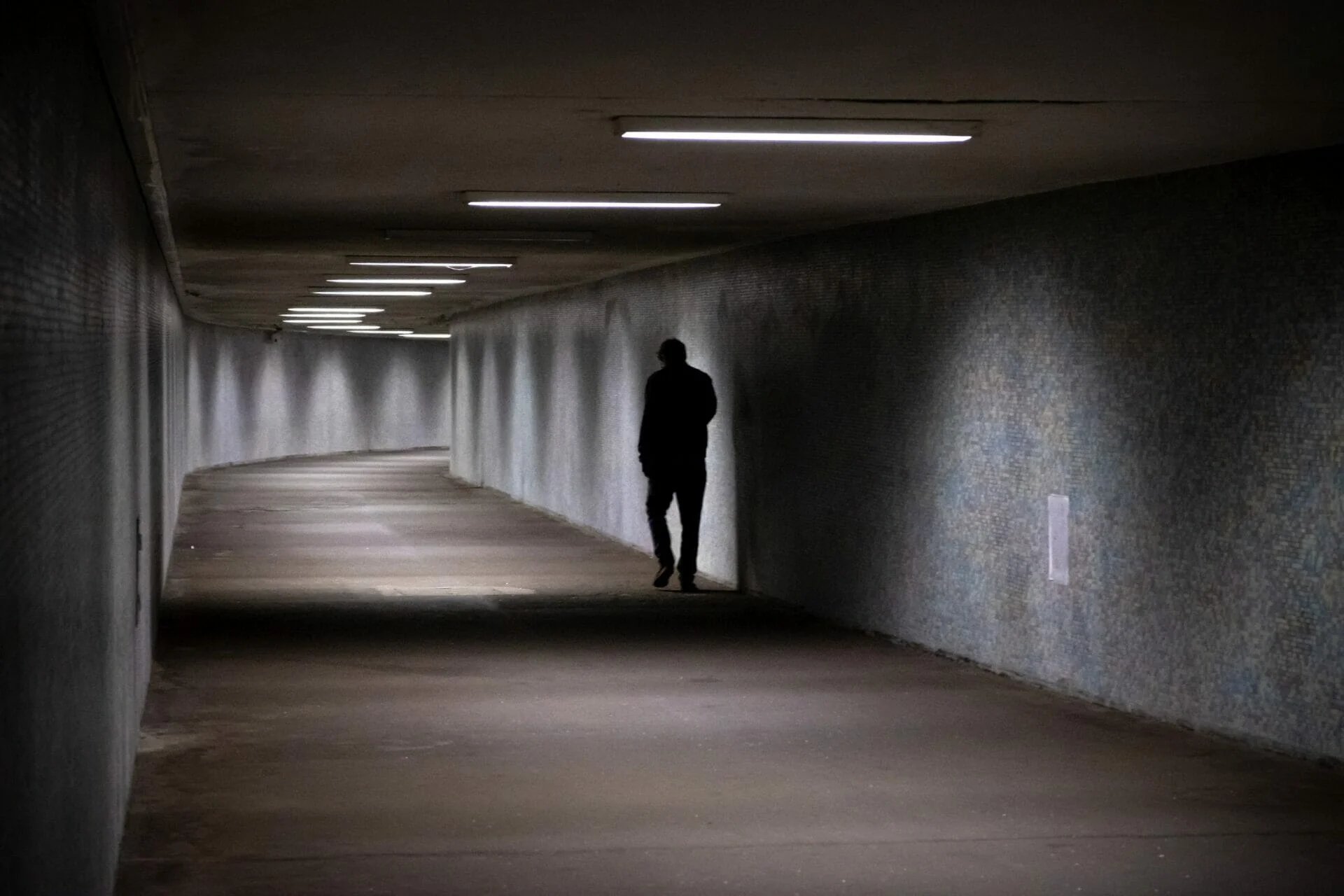
Mindhunter | How to Understand Serial Killers' Patterns
Creator
Showrunner
Director
Country
Seasons
Runtime
Genre
Subgenre
Music by
By
Mindhunter is a 2017 crime series created by Joe Penhall. The director David Fincher, one of the producers of the show, after the success of House of Cards returns to Netflix, also covering de facto the role of showrunner, together with Joe Penhall himself.
The show tells the story of Holden Ford (Jonathan Groff), an FBI investigator who, in the 1980s, studies how to get inside the mind of serial killers to better understand their motivations and modus operandi. The result of the study created a procedure known as Criminal Profiling. Ford and his collaborators carry out a series of harsh interviews with imprisoned serial killers, gaining their trust and making them talk. The cast and dialogues are effective in portraying a realistic, cunning, and maieutic approach to a complex matter like murder.
Known for his image of the good guy in Glee, Groff plays the role of the tormented investigator. As the story progresses, Ford becomes increasingly obsessed with the psychology of the serial killers he’s supposed to study.
It’s nothing but a lot of talk and a badge!
Among the interviews with serial killers, each episode shows a little bit of the main characters’ personal lives. Sometimes there’s also room for other unsolved cases, for which Ford, Tench (Holt McCallany), and Carr (Anna Torv) are invited as consultants around the United States.
The viewers don’t follow the resolution of the case but rather the characters. The moment their advice for the local police ends so does the audience’s involvement in the case. The local police will continue their work but we’re not going to see it. This structure slightly changes in the second season, giving a significant shift in tone: the characters try to solve a specific case during all the episodes: the Atlanta child murders of 1979-1980.
A thriller with no action
Mindhunter is a gripping psychological thriller, but it contains almost no action. There is no violence. Most of the show’s playing time consists of conversations and information about crime and psychology. The peculiarity of Mindhunter is the mix of fiction and documentary. The first genre shows in how it visually looks, the second one in how its narration evolves.
What is crucial is the fact that the viewers get to know killers through their conversations with Ford. Each scene involves a disagreement between the characters, and in this constant conflict lies the power of the story. In addition, Ford and his colleagues have a problematic personal life as well. They’re often influenced by the weight of the results of their cold psychological studies.

Courtesy of Merrick Morton/Netflix
Fincher’s contribution in one of his most difficult movies – Zodiac (2007) – could even be a precursor of Mindhunter. In Zodiac, in fact, Fincher creates an environment in which the main focus is to make the viewer perceive the fear that the serial killer has generated in people and in society as a whole. All unraveling in a tangle of clues and suppositions that however does not lead to any resolution: the police, in fact, have never arrested the serial killer Zodiac.
As for the direction, shots are clean and distant, the camera steady as if to allow the viewer to look at the scenes objectively. The result of not getting too involved in it is the same that Ford tries to do in his life. In fact, when his crisis begins, even the camera becomes less stable and detached from the scene.
The unanswered questions
The more the investigators go on with their studies, the more unwieldy one of the classic questions of the world of serial killers becomes. “Nobody is justifying them. But aren’t they also the victims of the traumas of their childhood?”. This question teams up with another much-debated topic: many other people suffer from a horrible childhood. Can one predict if someone will become a killer by observing them as a child and stopping them?
These themes have a great impact on the lives of the protagonists, especially when certain patterns begin to be visible in the people around them.
Does Mindhunter end?
Despite the success of the show, both Fincher and Penhall came out exhausted from the first two seasons of Mindhunter. A probable budget cut may also have been one of the causes and, as a consequence, in 2020 Netflix announced the premature cancellation of the show, with all the narrative lines still left open. Even if, lately, Small Screen revealed that Fincher is actually dealing with the network to try to figure out how to bring the third season to the screen.
Tag
Buy a ☕ for Hypercritic







